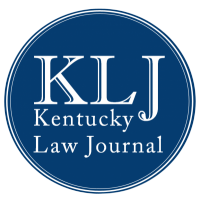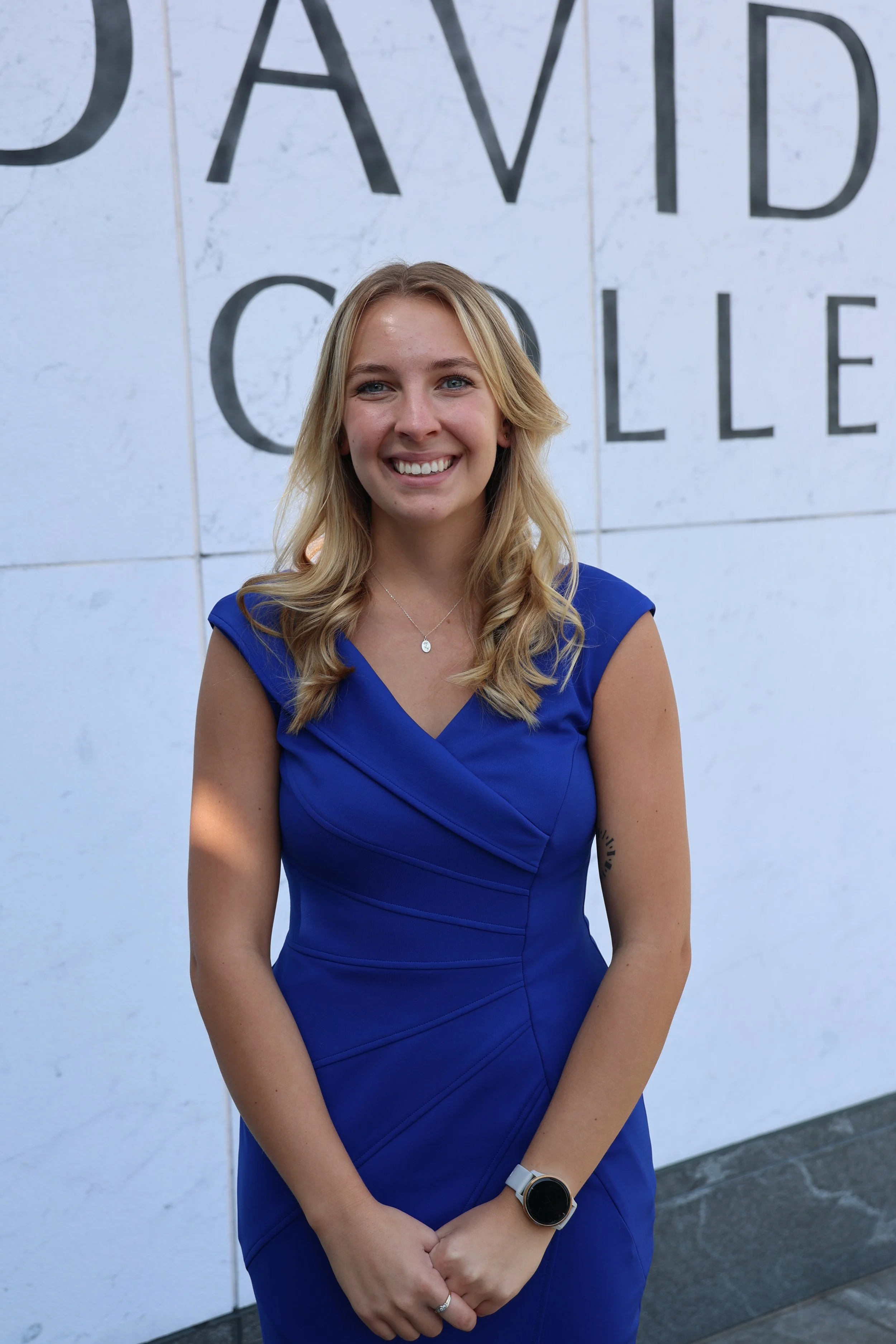Blog Post | 114 KY. L. J. ONLINE | October 9, 2025
Recovery and Religion: Refining Casey’s Law to Protect Religious Freedom
By: Allie Viney, Staff Editor, Vol. 114
The Matthew Casey Wethington Act for Substance Abuse Intervention,[1] commonly known as Casey’s Law, became effective in the Commonwealth of Kentucky on July 13, 2004.[2] The Act allows family members or friends to petition the court for treatment on behalf of a person who has a substance use disorder and is unable to recognize their own need for the treatment.[3] The court is able to use its power to send an individual to involuntary treatment for drug or alcohol abuse.[4] Inherently, there are constitutional concerns surrounding laws which restrict an individual’s liberty.
However, Casey’s Law raises a unique constitutional issue. In Kentucky, many court-ordered treatment centers are faith-based organizations.[5] This could potentially conflict with the First Amendment, which guarantees that the state will “make no law respecting an establishment of religion, or prohibiting the free exercise thereof.”[6] Individuals ordered into faith-based treatment may have no other options than to either unwillingly comply with religious programs, or risk violating a court order. Thus, Casey’s Law should be refined to safeguard against freedom of religion violations.
In Kentucky, there may be significant barriers to individuals seeking secular rehabilitation services. In the United States, 73 percent of rehabilitation programs are faith-based or include a spirituality-based element.[7] A large majority of these programs emphasize a reliance on God or a Higher Power to remain sober.[8] This prevalence is exacerbated in Kentucky due to the challenges that rural communities face in accessing rehabilitation.[9] A qualitative study done in 2014 indicates that urban areas typically offer more diverse options for substance abuse treatment.[10] Furthermore, rural areas often have fewer facilities, clients who are more geographically dispersed, and fewer public transportation options.[11] Given the prevalence of faith-based rehabilitation and the challenges faced by rural communities, secular rehabilitation may be less available in certain areas across Kentucky. Thus, freedom of religion protections in Casey’s Law are all the more necessary.
It could be argued that Casey’s Law already provides individuals with the necessary First Amendment Protection. Casey’s Law provides that persons involuntarily undergoing substance use disorder treatment have the right to assist in the planning of their treatment program.[12] While this would allow the person being ordered to treatment to express any concerns about the religious aspects of potential treatment facilities, the power to decide the treatment program lies ultimately with the judge.[13]
Furthermore, Casey’s Law provides that a person shall only be ordered to undergo treatment if the court finds proof beyond a reasonable doubt that the person “[c]an reasonably benefit from treatment.”[14] This could be another safeguard, as it surely follows that the court could not find an individual would reasonably benefit from a treatment which conflicts with his religious beliefs. However, the statute only requires the court to find that the person could benefit from treatment; it does not require a finding that the person will benefit from the specific treatment facility ordered by the court. For a right as fundamental as the freedom of religion, the law’s protections should not be flimsy or easily overcome by textual interpretations. Casey’s Law direly needs language which strongly protects individuals’ First Amendment rights.
What remedies are available? Certainly, faith-based programs should not be excluded from those eligible to accept patients under Casey’s Law, as they provide valuable care and rehabilitation.[15] An appropriate solution would be an amendment to Casey’s Law, specifically to KRS 222.430, which outlines the rights of the patient being ordered to treatment.[16] This amendment could be a clause providing for a patient’s right to object to placement in a program which conflicts with his religious beliefs. Upon such an objection, the court could be obligated to place the patient in a secular program. This amendment would provide strong First Amendment protection to the patient without interfering with the court’s interest in discouraging the violation of drug laws and in the general welfare of its inhabitants.[17] Thus, Casey’s Law needs reform which explicitly protects individuals’ First Amendment rights to freedom of religion.
[1] Ky. Rev. Stat. Ann. §§ 222.430-222.437 (West 2019-2023).
[2] Casey’s Story, Casey’s L., https://caseyslaw.org/about/ (last visited Sep. 27, 2025).
[3] Casey’s Law – About Casey’s Law, Casey’s L., https://caseyslaw.org/caseys-law/ (last visited Sep 27, 2025).
[4] Ky. Rev. Stat. Ann. § 222.430(1) (West 2019).
[5] See Take Action Now: Kentucky Long-Term Drug and Alcohol Rehab, Drug Rehab Services, https://www.addicted.org/kenticky-long-term-drug-rehab.html?listing-categories=faith-based-rehab (last visited Sep. 27, 2025).
[6] U.S. Const. amend. I.
[7] Brian Grim & Melissa Grim, Belief, Behavior, and Belonging: How Faith is Indispensable in Preventing and Recovering from Substance Abuse, 58 J. Religion and Health 1713, 1736–37 (2019).
[8] Id. at 1737.
[9] See Kayla Carter Smith, County Stats: Rural and Urban Population Breakdown, Ky. Ass’n of Counties (2024), https://www.kaco.org/articles/county-stats-rural-and-urban-population-breakdown/ (“93 of Kentucky's counties are predominantly (more than 50 percent) rural”).
[10] Erin Pullen & Carrie Oser, Barriers to Substance Abuse Treatment in Rural and Urban Communities: Counselor Perspectives, 49 Substance Use & Misuse 891, 891 (2014).
[11] Id. at 892.
[12] Ky. Rev. Stat. Ann. § 222.430(2) (West 2019); Ky. Rev. Stat. Ann. § 202A.191(1)(b) (West 1982).
[13] Ky. Rev. Stat. Ann. § 222.433(3) (West 2023).
[14] Id.; Ky. Rev. Stat. Ann. § 222.431(3) (West 2019).
[15] See Grim & Grim, supra note 7 at 1737 (“[M]ore than 84% of scientific studies show that faith is a positive factor in addiction prevention or recovery….”).
[16] Ky. Rev. Stat. Ann. § 222.430 (West 2019).
[17] See Robinson v. California, 370 U.S. 660, 664-65 (1962) (establishing that states have an interest in discouraging the violation of drug laws and in the “general health or welfare of its inhabitants”).

